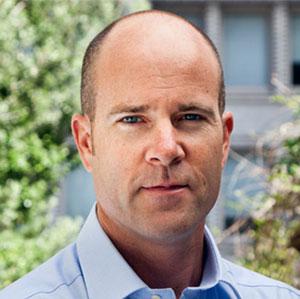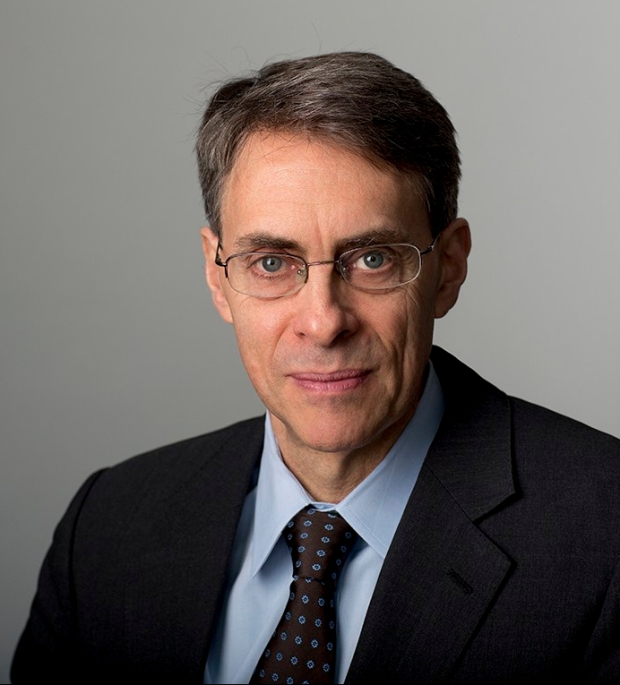We have found a new home! Kindly visit this link in our new website here: https://www.denver-frederick.com/2017/07/26/michael-brune-executive-director-of-the-sierra-club-joins-denver-frederick/
The following is a conversation between Michael Brune, Executive Director of the Sierra Club, and Denver Frederick, Host of The Business of Giving on AM 970 The Answer.

Michael Brune © Sierra Club
Denver: Since the election of President Donald Trump this past November, some organizations have found themselves, well, a little bit more in the spotlight. That would be true of environmental organizations, not the least of which would be the Sierra Club— the nation’s largest and most influential grassroots organization, with some 3 million members and supporters. And I am delighted to have with us this evening, their Executive Director, Michael Brune. Good evening, Michael, and welcome to The Business of Giving!
Michael Brune: Thank you for having me on the show.
Denver: The Sierra Club is now 125 years old. Give us some of the history of the organization and a few of a key milestone along the way.
Michael: Sure. Many folks say that we don’t look a day over 80. We have been around for 125 years. Sierra Club was founded by John Muir, really almost like an adventure travel company circa 1892. The purpose was to take people from the San Francisco Bay Area out to Yosemite in the Sierra Nevada Mountains in California, simply to experience the wonder of such a beautiful area, and then hopefully to engage people in protecting these places. Over the years, we continue to lead trips — tens of thousands of trips actually over the years — and we engage in exploring, enjoying, and protecting the environment… working to help to make sure we’re protecting forest, parks, and wilderness areas, and fighting climate change and other forms of pollution.
…our whole ethos is that we work to support Americans who want to make a difference in their own backyards. So, whether that’s taking folks on a trip, a hike in an afternoon, cleaning up a local river, or retiring a coal plant and replacing it with clean energy, we very much believe in the power of individuals to affect great change.
Denver: You know, Michael, if you are to take a look at the environmental organizations in this country — The Nature Conservancy, the Environmental Defense Fund, the World Wildlife Fund — where would you put the Sierra Club along that continuum? And what specific or unique contribution do you make to this enterprise?
Michael: What separates Sierra Club is that we are old, very large… we have a strong grassroots presence. We have a volunteer chapter in every state with some staff as well; volunteer groups in almost every major city in the country, on college campuses. And our whole ethos is that we work to support Americans who want to make a difference in their own backyards. So whether that’s taking folks on a trip, a hike in an afternoon, cleaning up a local river, or retiring a coal plant and replacing it with clean energy, we very much believe in the power of individuals to affect great change.
Denver: Are there a few specific achievements that you have gotten over the last couple years that you’re exceptionally proud of?
Michael: Certainly, certainly. For the whole Sierra Club, what we are proud of throughout our history is: you probably can’t find a national park or state park where a Sierra Club volunteer wasn’t instrumental in helping to make sure that that place is protected. More recently, the work that we’ve been doing to accelerate the retirement of coal plants across the country. More than 250 coal plants– which is close to half of the fleet of coal plants in this country– either has been retired or will soon be retired and replaced with clean renewable energy. It is one of our biggest achievements… as well as much more recently, compelling US cities to make commitments to go to 100% clean energy as a solution to climate change.
Denver: Well, for an environmental group like the Sierra Club, there is before Trump and there is after Trump. So as a result of his election as President, has there been any essential change in your strategy, your approach, your tactics?
Michael: Yes, and no, actually. Certainly, we are a lot busier. We are working a lot harder. We are facing attacks on almost every issue that we care about; whether it’s cleaning up air pollution in this country, water pollution, climate pollution, endangered species, wildlife, public lands, our national monuments, international climate agreements, toxics issues, ocean issues. You name it. Pick an environmental issue, and we’re now facing rollbacks, or attempted rollbacks, or attacks, or lack of enforcement of laws, or the gutting of the agencies responsible for protecting them. So our approach is bifurcated. In one sense, we are fighting hard. We’ve hired lawyers, many lawyers who are challenging each of these attempts to roll back the safeguards that we’ve enjoyed, in many cases, for many decades. Working with Congress to help support those champions in Congress working to uphold strong environmental laws.
On the other hand, we don’t want to be all consumed by this President and Congress. We don’t simply want to play defense for the next two or four or eight years. The other half of our work is solutions-oriented. It is much more local. It’s an area where we are making dramatic progress, not just in retiring coal plants and replacing them with clean energy; not just getting cities to commit to 100% clean energy… But looking throughout the economy to figure out how can we take advantage of market forces and public will to really advance solutions at a much more aggressive pace than we currently are.
Denver: Scott Pruitt, the director of the EPA, he does seem to be a bit more organized and focused than a lot of the other cabinet members. I think he’s got about 30 environmental regulations that he is trying to roll back right now? Is that right?


 Denver: Most every citizen around the world is concerned about human rights and shudders at the thought of another person’s rights being violated. And that is why we should all be grateful that there is an organization solely dedicated to this – always vigilant, 24/7, 365 days a year, all around the world– exposing human rights abuses like torture, violence against women, and child exploitation. It is
Denver: Most every citizen around the world is concerned about human rights and shudders at the thought of another person’s rights being violated. And that is why we should all be grateful that there is an organization solely dedicated to this – always vigilant, 24/7, 365 days a year, all around the world– exposing human rights abuses like torture, violence against women, and child exploitation. It is